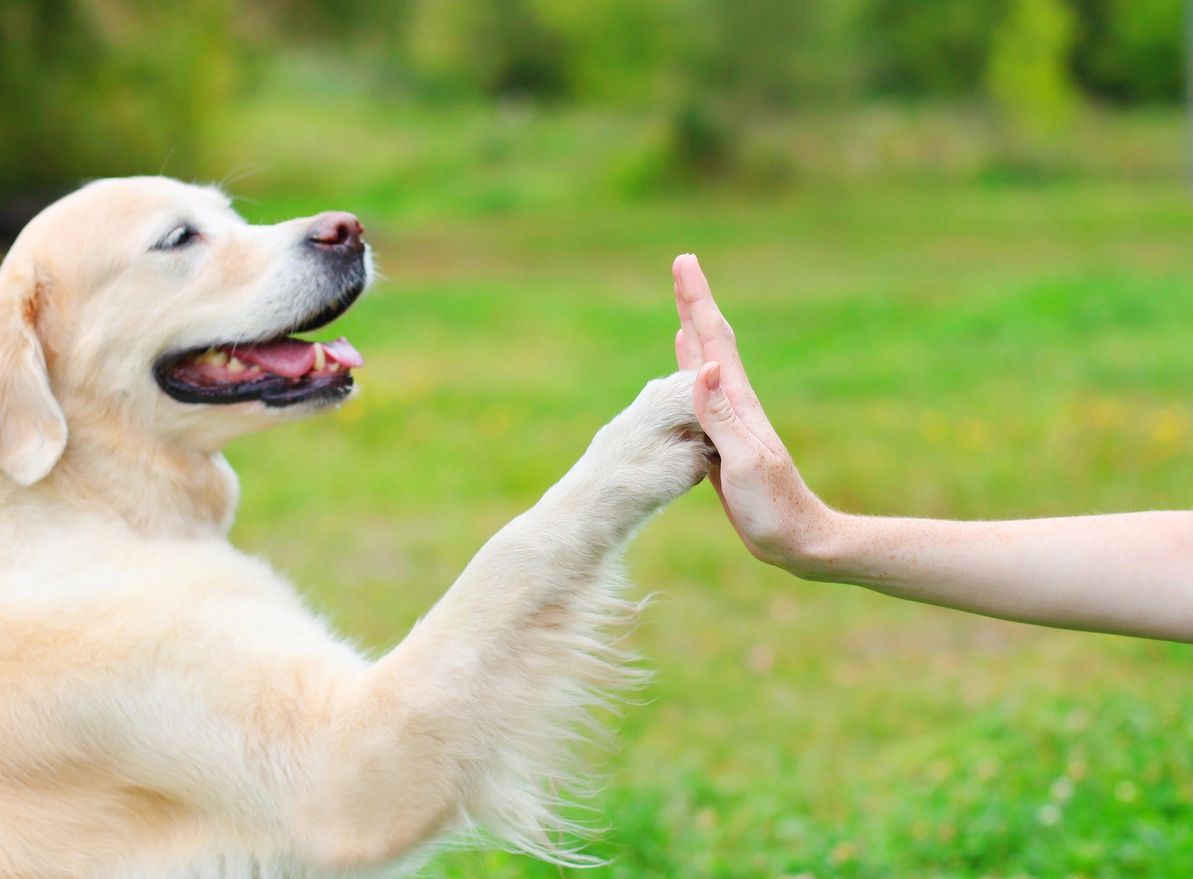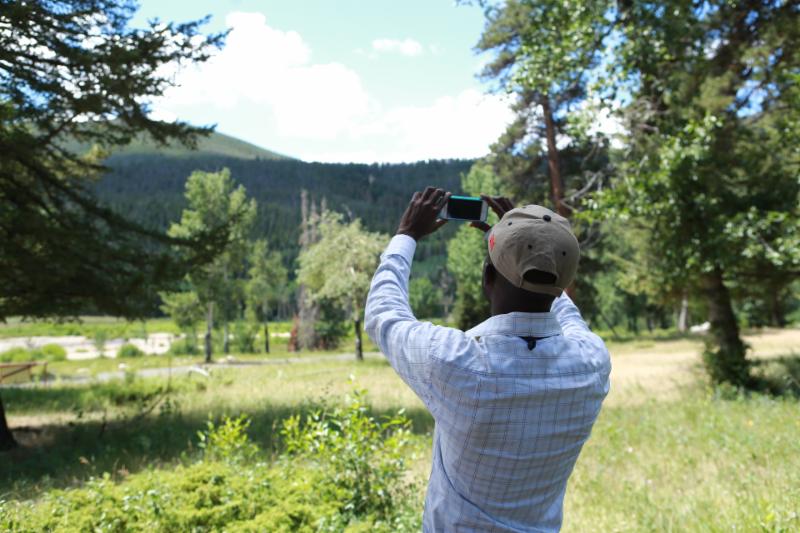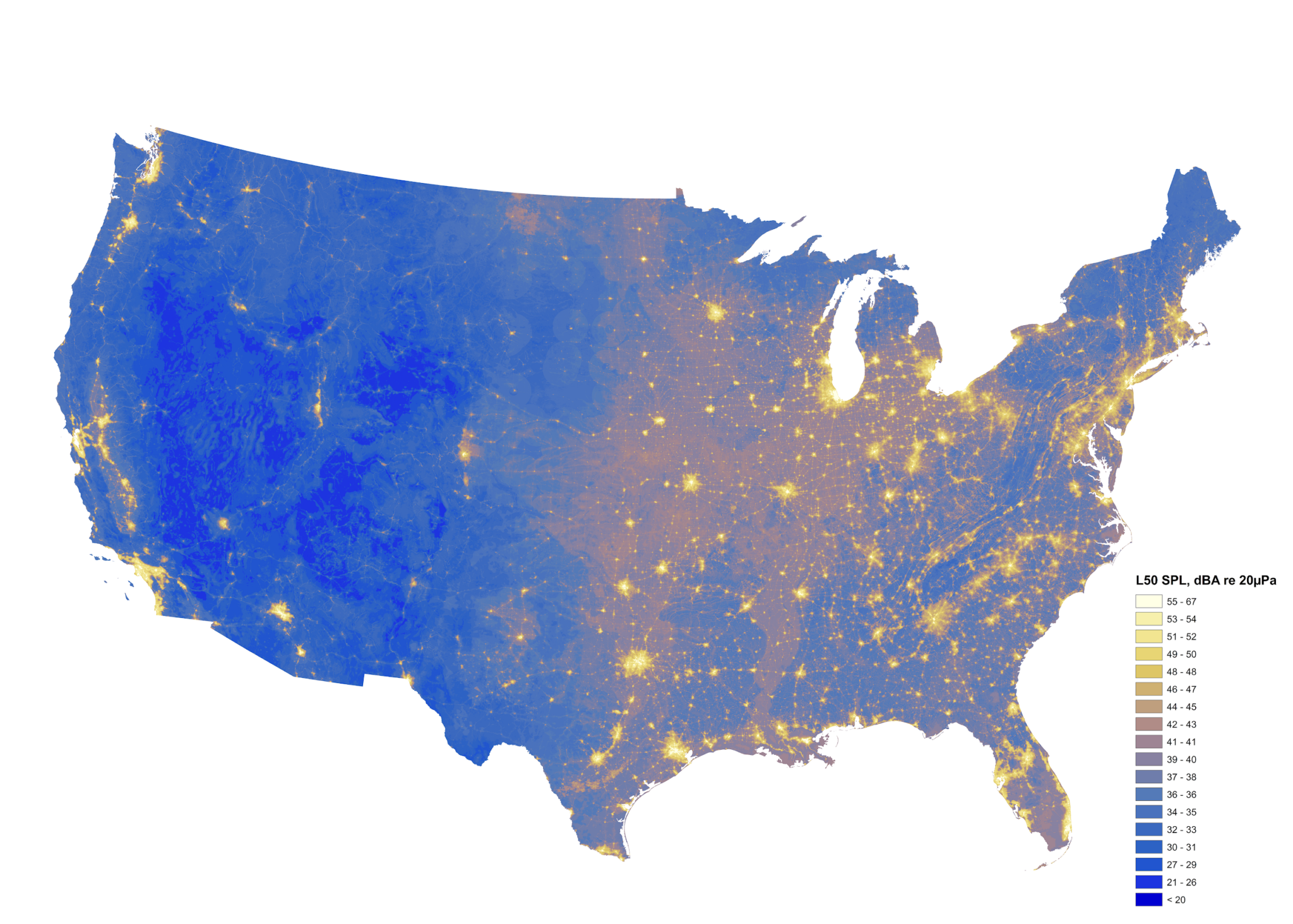Check out these five citizen science projects to do at home or on a walk with your dog to celebrate National Dog Day on August 26!
The SciStarter Blog
National Dog Day is August 26. In honor of your furry best friend, participate in these simple at-home projects to help researchers learn more about your pup!
Don’t forget to use the Project Finder to search for exciting citizen science projects on any topic you can think of (yes, even cats).
Cheers,
The SciStarter Team
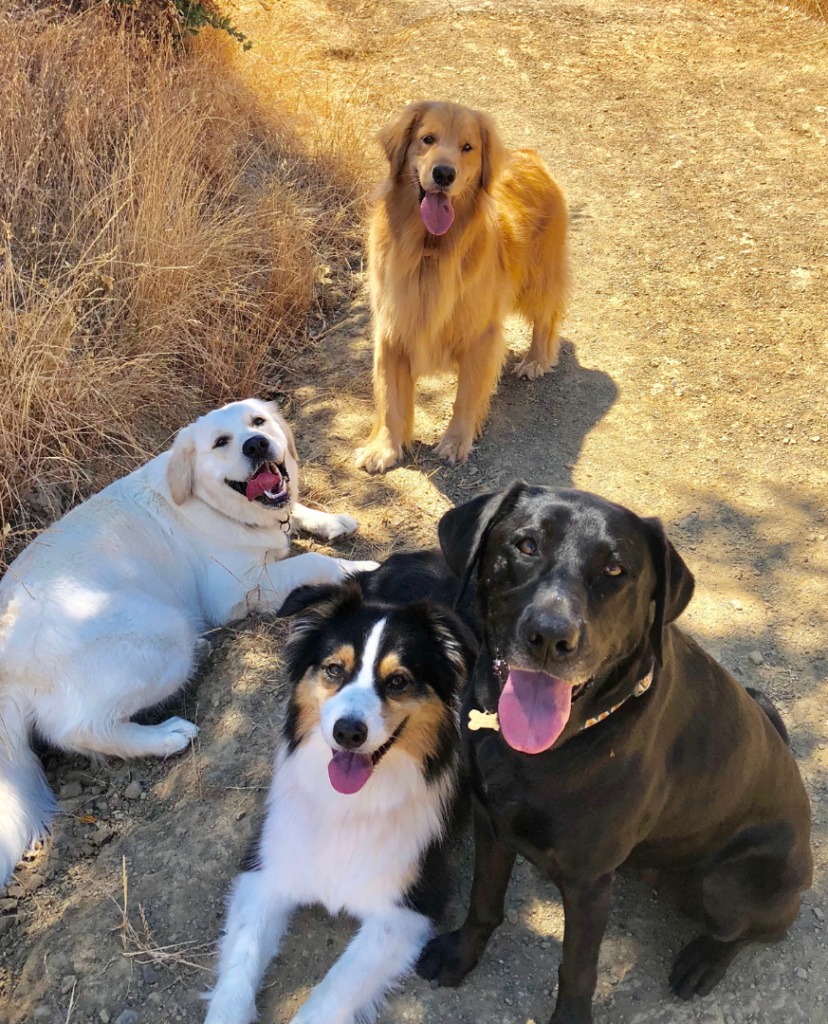
C-BARQ
Aid the study of man’s best friend.
Dog owners can share information about their furry friend’s behavior and temperament with researchers in the Canine Behavioral Assessment & Research Questionnaire (C-BARQ). This questionnaire asks about your pup’s attitude toward people and other animals that is a result of both inherited and environmental factors.
The goal is to understand where some common behavioral problems come from. Not that your fur baby isn’t a perfect angel…
Location: Online
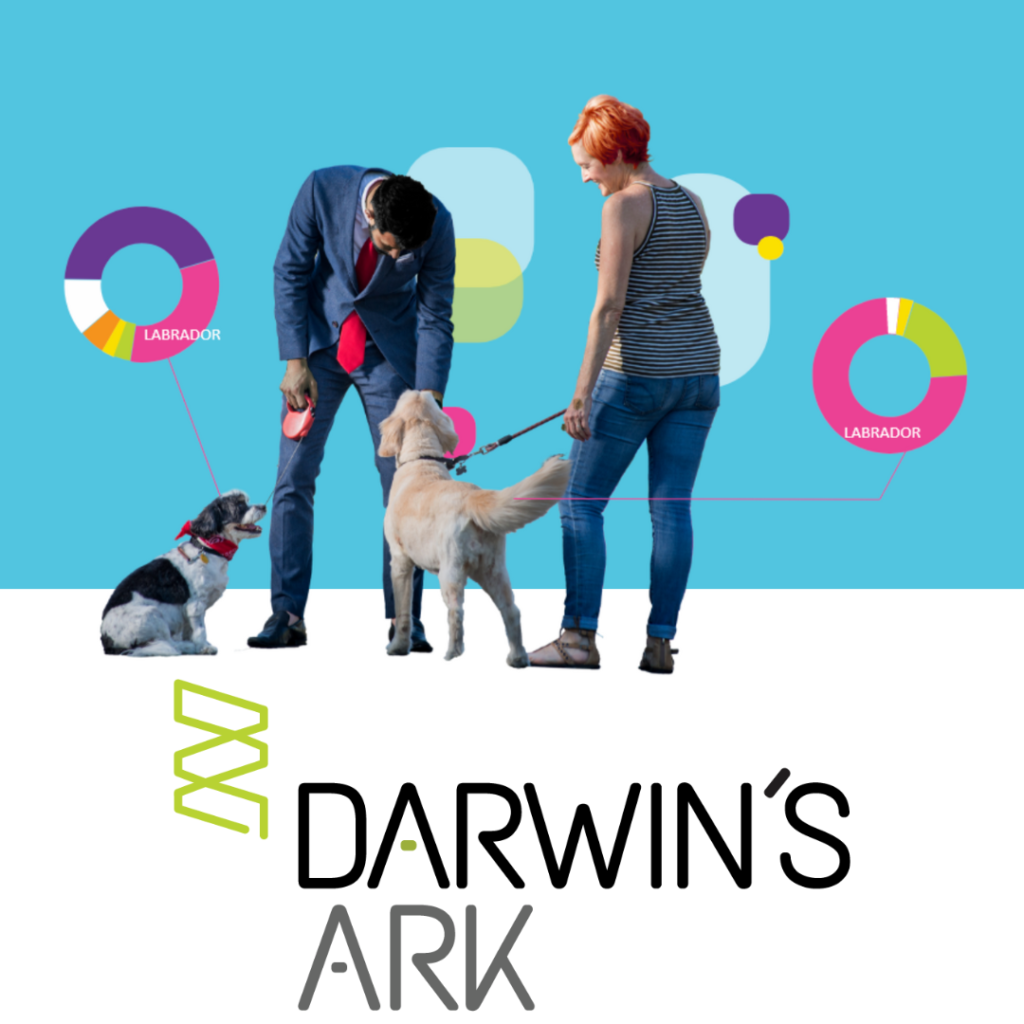
Darwin’s Ark & Darwin’s Dogs
A look into dog behavior and genetics.
Participate by answering survey questions about your dog and submit optional genetic data to add to a worldwide database of dog genes and behavioral traits with Darwin’s Dogs.
Participating with the DNA kit aids researchers in learning about dog health issues, behavior and genetics going back thousands of years.
Location: Online
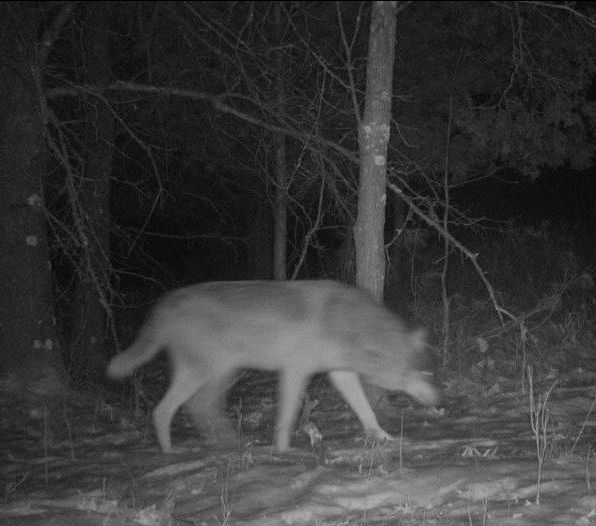
Cedar Creek: Eyes on the Wild
Can you spot a wolf?
While some of us might have a high-maintenance pup who refuses to sleep without his pillow or won’t step out into the rain without her coat, these animals still share over 99% of their DNA with their ancient ancestors, the wolf.
At the Cedar Creek Ecosystem Science Reserve in Minnesota, wolves are beginning to return to their native landscapes. Aid scientists as they document their return by looking through images from wildlife cams in this thriving wilderness!
Location: Online
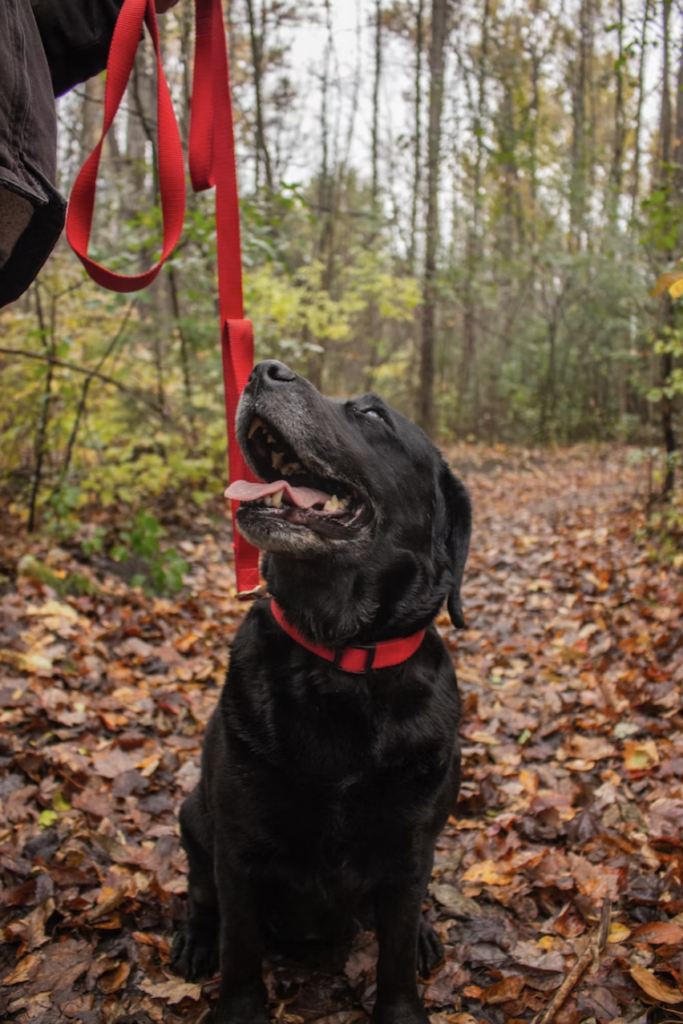
iNaturalist
Dog walk for citizen science.
Next time you and your doggo stroll the neighborhood, bring iNaturalist (on your smartphone) and contribute valuable data to science.
Simply take and upload photos of any plants, animals or insects you see to share your observations. These contributions get shared with data repositories like the Global Biodiversity Information Facility to help scientists find and use your data. All you have to do is observe.
Location: Global
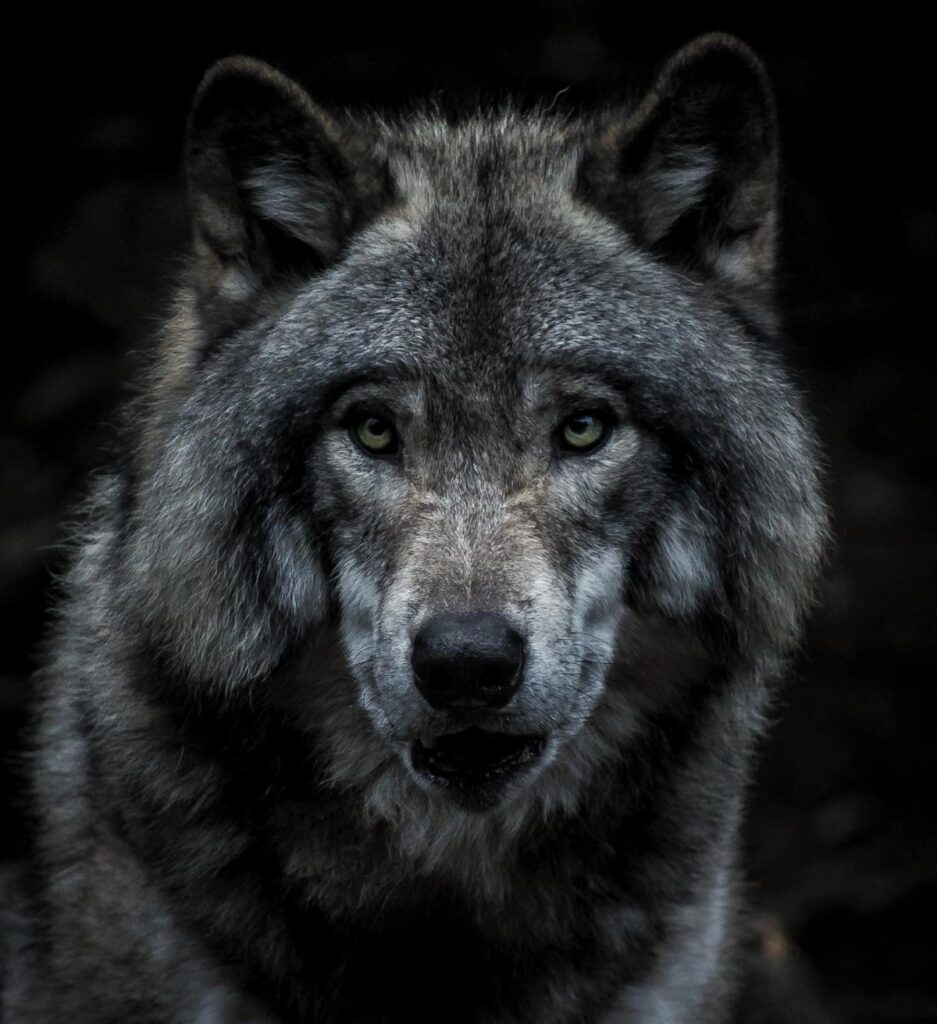
Instant Wild: Croatia
Spy on wolves from home.
The wilds of Croatia are home to many charismatic megafauna, including bears, lynxes and wolves. They’re not something you’d want to run into in person, but observe these majestic animals on camera traps from home and tally sightings to researchers can track them.
Location: Online
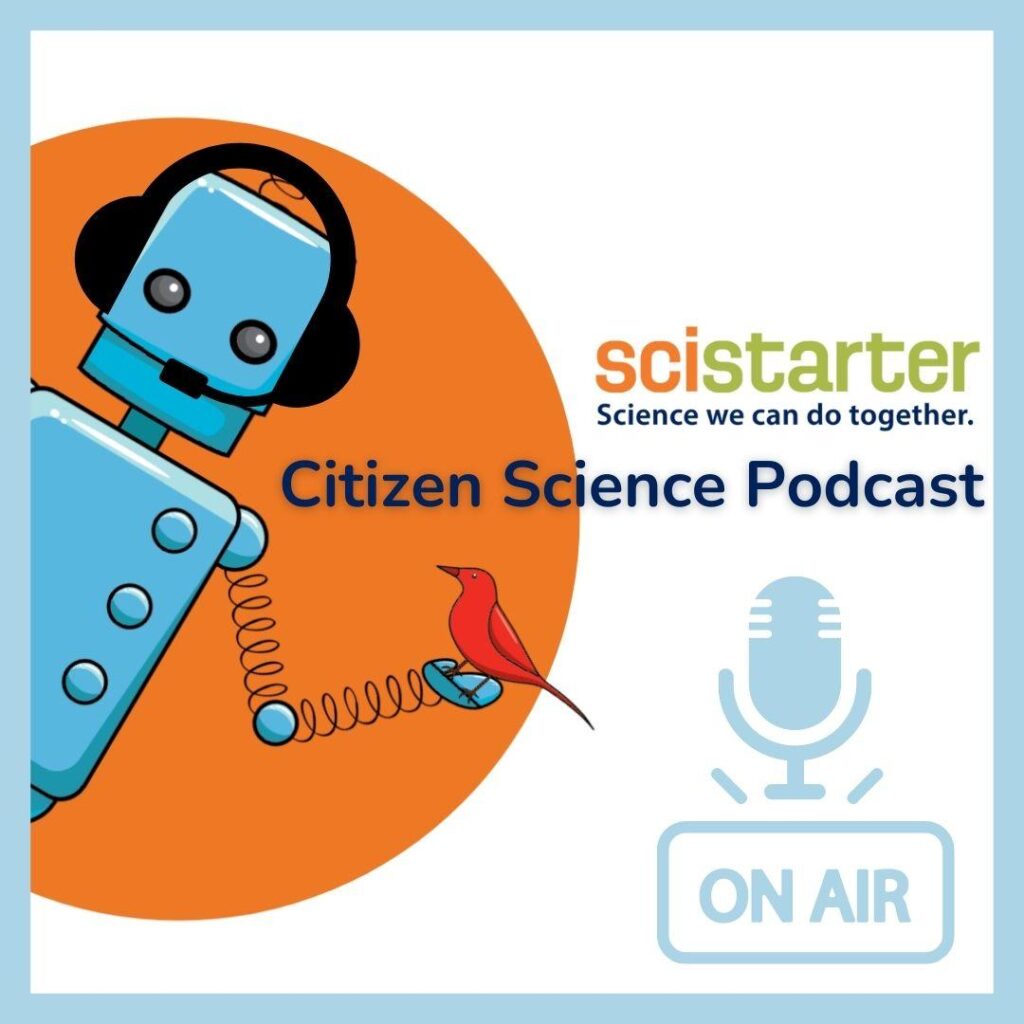
New episode! CITIZEN SCIENCE PODCAST: Dog Days of Science
In this podcast episode, we celebrate National Dog Day (August 26th) with some canine citizen science. Scientists would like to learn about dog personalities and genetics, what traits help them perform well as service animals and how environmental factors could affect their health. If you have a canine companion, you have the perfect lab partner! Projects featured in the podcast include C-BARQ and Darwin’s Ark.
Earn Badges With New Training Modules!
Have you had a chance to check out the free Foundations of Citizen Science online, self-guided training? Complete the training and you’ll score a badge that validates skills you practiced and which align with those used by LinkedIn, employers and schools.
More than 10,000 people have already completed the training and passed the final quiz and the vast majority said the training significantly increased their confidence in doing citizen science. And there’s an additional module on Data Literacy, and special trainings for librarians and higher-ed educators!
Find all SciStarter Trainings here.

